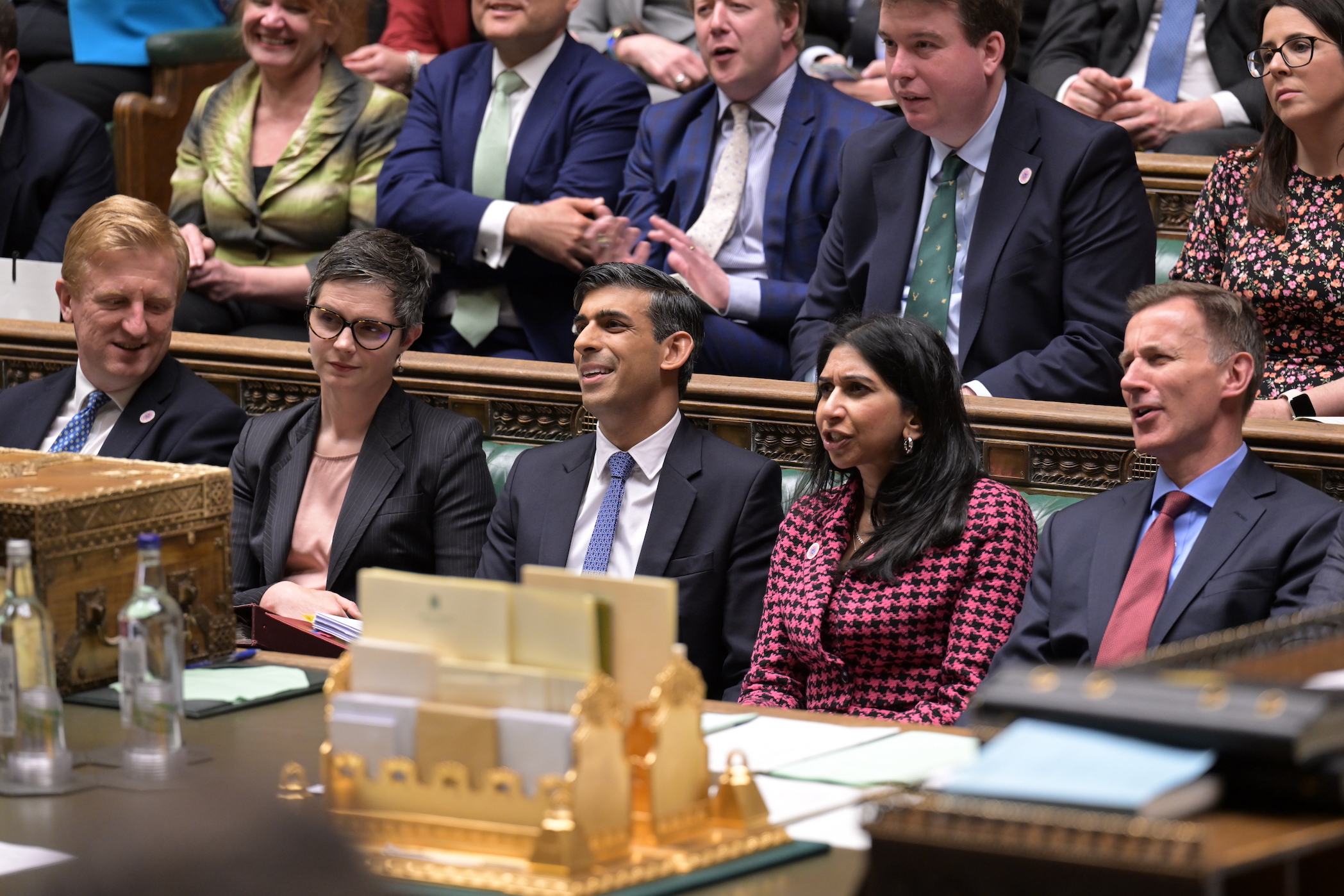Millennials have been labelled “generation rent”, with growing numbers of young people priced out of the housing market and therefore renting their homes for longer periods of their lives than previous generations.
In Britain, house prices have risen faster than inflation for a number of decades.
This situation is aggravated by the challenging youth labour market, rising student debt and welfare reforms, which collectively make it more difficult for young Britons to get on the housing ladder.
The Figures
Analysis of the 2021 census by the Office for National Statistics (ONS) showed the number of people who own their own homes has fallen by half a million in the past decade, while the number renting soared by 1.3 million (from 8million to 9.3million or 34.3 per cent to 37.3 per cent).
Within England, London had the lowest level of overall home ownership (46.8 per cent) of any region. The capital also had the highest proportion of households that rented privately (30 per cent) or in the social rented sector (23.1 per cent).
In April 2022, data analytics firm Outra found that the proportion of people aged between 26 and 42 buying a home has dropped by 11 per cent in the previous 5 years.
According to Resolution Foundation research from 2018, it would currently take a 27-30 year old first time buyer around 18 years to save for a deposit if they relied solely on savings from their disposable income.
Generation Rent – The organisation
Generation Rent is also the name of a charity, which, according to written evidence submitted by the organisation to a House of Commons enquiry: “make[s] sure that the voices of private renters are heard – by landlords, by policymakers, and by politicians. We are fighting to ensure that every private renter lives in a decent, secure and affordable home”.
On their website, They list three demands: (i) Support renters’ wellbeing instead of damaging it, (ii) Strengthen communities instead of weakening them, (iii) Prioritise people instead of profit
Responding to the 2021 census figures which showed the the number of households that were renting rise from 34.3 per cent to 37.3 per cent, Dan Wilson Craw, then-deputy director of Generation Rent, said: “Despite an array of supposedly pro-home ownership policies over the past decade, the private rented sector was the fastest growing tenure.
“A million more households are paying high rents to private landlords, face a much greater risk of living in a poor quality home than other tenures, and live with the threat of eviction at short notice without the chance to appeal.
“In 2019, the government belatedly recognised the need for a much better deal for private tenants, including the abolition of unfair Section 21 evictions, but as we start 2023 we are still waiting for the legislation that will make this a reality”.
Controversy
In an article entitled “Generation rent is a myth – housing prospects for millennials are determined by class”, Kim McKee a Senior Lecturer, Social Policy and Housing, University of Stirling said: “This tale of intergenerational unfairness overlooks the fact that there are equally significant inequalities between young people themselves. If politicians don’t recognise that, there’s a real risk that attempts to address the issues within the housing market won’t assist those worst affected”.
“Young people from low-income households cannot rely on family support like their better-off peers. Their parents may be renters, who do not have any housing wealth to pass on. Or they may need to retain their housing wealth, to fund their retirement. So there is a stark divide among Britain’s young people: at the age of 30, people whose parents don’t possess any property wealth are around 60% less likely to be homeowners”, McKee writes.
Government proposals
The renters’ (reform) bill, introduced to Parliament on 17 May 2023, acted on the government’s 2019 manifesto commitment to abolish Section 21 “no fault” evictions which will empower renters to challenge poor landlords without fear of losing their home.
As well as ending no-fault evictions, the bill will seek to give people the legal right to request having a pet in their home. Landlords will legally have to consider these requests, and will not be able to unreasonably refuse.
The government expects the plans will impact 11 million tenants in England.
Housing Secretary Michael Gove said: “Too many renters are living in damp, unsafe, cold homes, powerless to put things right, and with the threat of sudden eviction hanging over them.
“This government is determined to tackle these injustices by offering a new deal to those living in the private rented sector; one with quality, affordability, and fairness at its heart. Our new laws introduced to Parliament today will support the vast majority of responsible landlords who provide quality homes to their tenants, while delivering our manifesto commitment to abolish Section 21 ‘no-fault’ evictions.
“This will ensure that everyone can live somewhere which is decent, safe and secure – a place they’re truly proud to call home”.
Dan Wilson Craw, Acting Director, Generation Rent, said: “The Renters’ Reform Bill is a huge opportunity to improve the lives of the 11 million people who now rent from private landlords in England. Arbitrary Section 21 evictions make it impossible for tenants to put down roots and report problems about their home with confidence. Abolishing them will take away much of the stress of renting and improve communication and trust between tenants and landlords. The new Property Portal and Ombudsman have the potential to make it much harder for criminal landlords to operate”.
The government has also given councils stronger powers to drive criminal landlords out of the market by introducing Banning Orders through the Housing and Planning Act 2016; and shielding tenants from excessive deposits and fees through the Tenant Fees Act 2019.
Labour’s plans
Speaking to Sky News after the announcement of the renters’ (reform) bill, shadow housing minister Matthew Pennycook said his party will “back the builders not the blockers”, adding that Labour would “unashamedly” increase rates of housebuilding.
He said a Labour government would reform the planning system entirely, meaning it would do away with the government’s “arbitrary” and now optional target of 300,000 new homes per year in favour of a system that would be based on local requirements.
He added that ministers have given councils “every excuse in the book” to not meet their local targets and that Labour would build “in the region” of 300,000 new homes per year.
In November 2022, No 10 vowed to make good on the Conservative party’s 2019 manifesto promise to build 300,000 homes a year in England as part of the government’s flagship levelling up bill. But the prime minister, faced with a revolt of more than 100 MPs led by former Northern Ireland secretary Theresa Villiers, was accosted with a hostile amendment which would have stripped the legislation of any mandatory, centrally-set housing targets.










